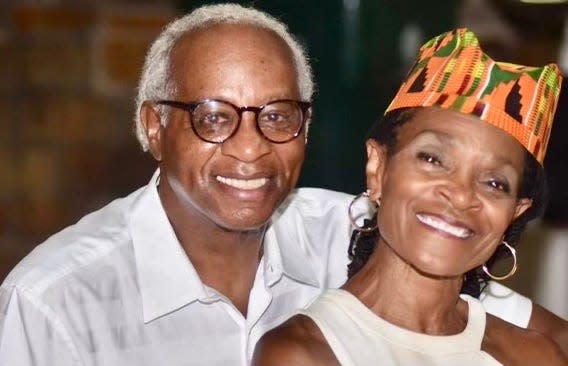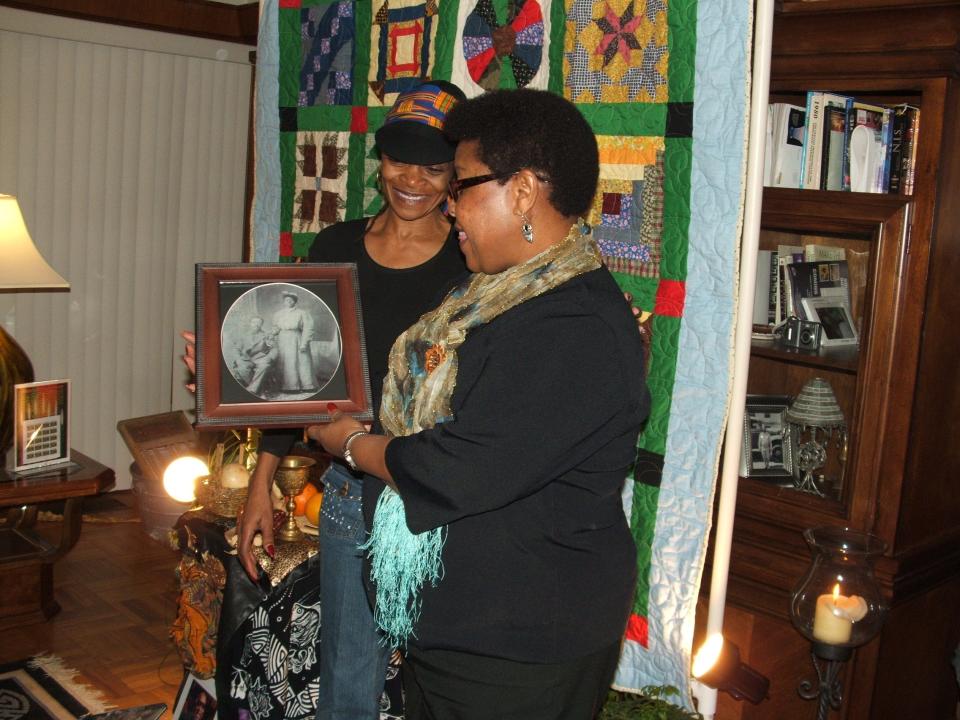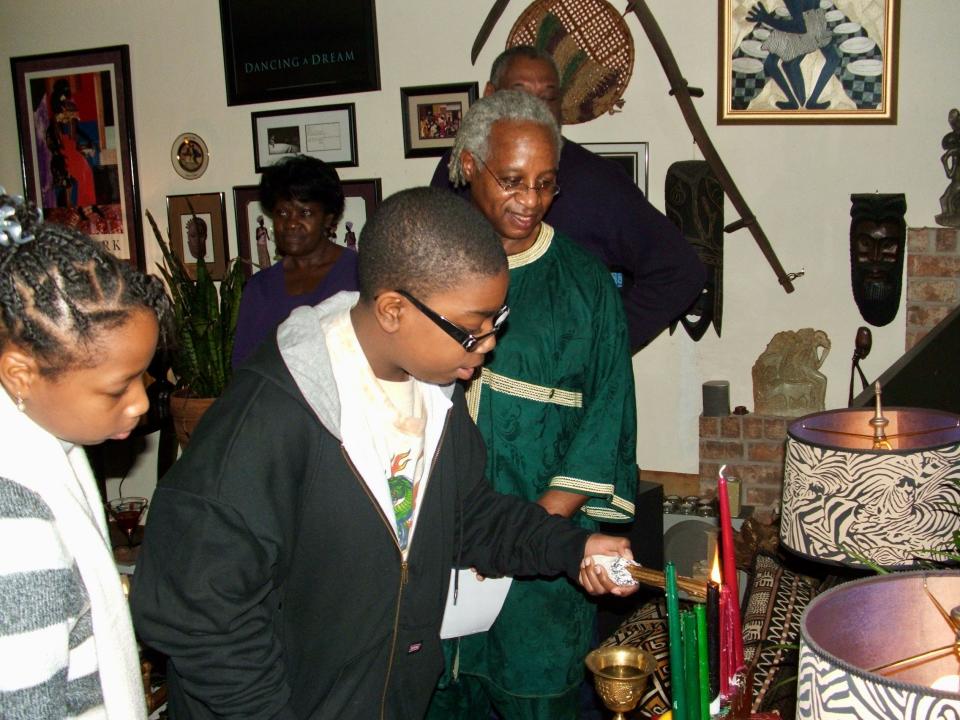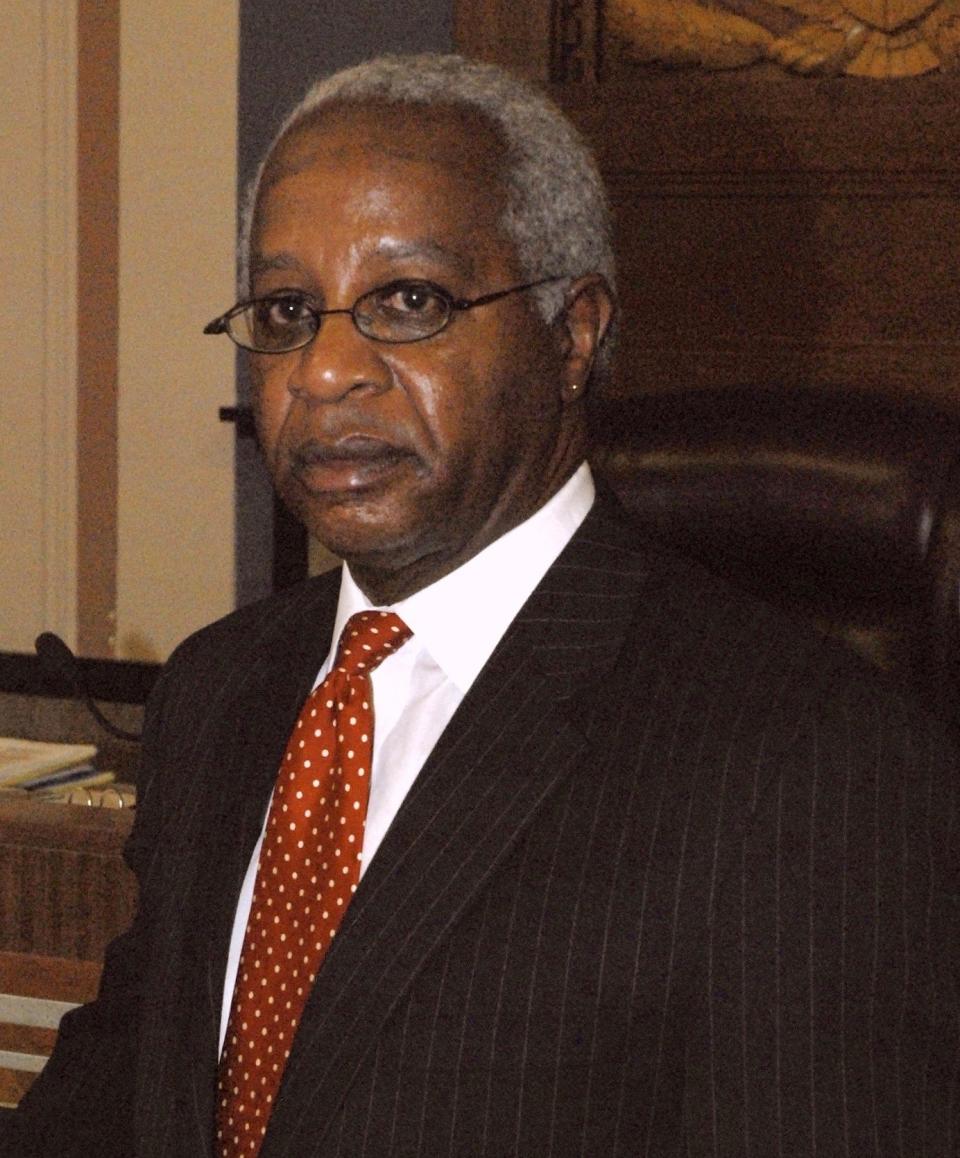Guest: Kwanzaa honors history, affirms success for future generations
I was introduced to Kwanzaa during the early '70s, a period when African Americans were focusing on their untold history and important contributions to humanity. It was a time of “awakening.” African Americans began looking afresh at history, and themselves. Kwanzaa seemed to be the perfect vehicle for expressing the many different components of our lives and establishing a guidepost. Admittedly, I became hooked. Our family has continually celebrated Kwanzaa for the past 50 years.

Questions and myths have persisted about Kwanzaa. Is it a new religion? Is it “anti-Christmas”? Is it discriminatory? Often these questions come from sincere individuals seeking understanding. Sometimes discussing Kwanzaa makes people uncomfortable — both Black and white.

My experience may be captured this way: I don’t know of any occasion that presents a better opportunity, when considered honestly, to have a meaningful period that objectively looks at our history and allows a means to construct a beneficial future. That may appear to be a bold statement. But Kwanzaa is not something supernatural. It requires participation. It’s very personal. To the extent that one’s understanding of the true meaning and purpose of Kwanzaa as a positive force is appreciated, it can be transformative.
The longevity of Kwanzaa can best be attributed to how it has become an affirmation celebration for individuals and families. Since its inception by the scholar and philosopher, Malana Ron Karenga, Kwanzaa has taken root all over the world. Clearly borrowing from elements of African traditions, it also incorporates concepts familiar to many other religions, cultures and societies. It is celebratory and serious. It has deep spiritual undercurrents that are unavoidable. Kwanzaa is intended to be challenging and provocative.
What is Kwanzaa?
The Seven Principles (Nguzo Saba) highlight the “first fruits” and what is called “a way of life.” Commencing the day after Christmas, and for the following seven days, families light a single candle that references the principle of that day; and that principle is celebrated, discussed and emphasized. The seven principles are recognized in sequence: (1) Unity (Umoja), (2) Self-Determination (Kujichagulia), (3) Collective Work and Responsibility (Ujima); (4) Cooperative economics (Ujamaa), (5) Purpose (Nia), (6) Creativity (Kuumba); and (7) Faith (Imani). These universal principles are the foundation for Kwanzaa and the ritual of lighting a candle on each day is critical. Kwanzaa also adopts the Swahili language, and the home is decorated with various symbols of African culture, artifacts and books. Kwanzaa is not a substitution for Christmas. Indeed, some families celebrate both, without contradiction or detracting from either.

I have conducted Kwanzaa celebrations in churches throughout the country. I have found that children get excited about participating in Kwanzaa. They light up (no pun intended) by sharing during the candle-lighting ceremony. The family should strongly encourage children participation. On the last day of Kwanzaa, as a way of recognizing accomplishments and encouraging success in the coming year, children are awarded with presents. It is often said that when the children ask their parents what they have left them, parents can respond “I left you Kwanzaa.”

Kwame T. Mumina is an attorney in Oklahoma City.
This article originally appeared on Oklahoman: Guest: Celebrating Kwanzaa can be challenging, but transformative

